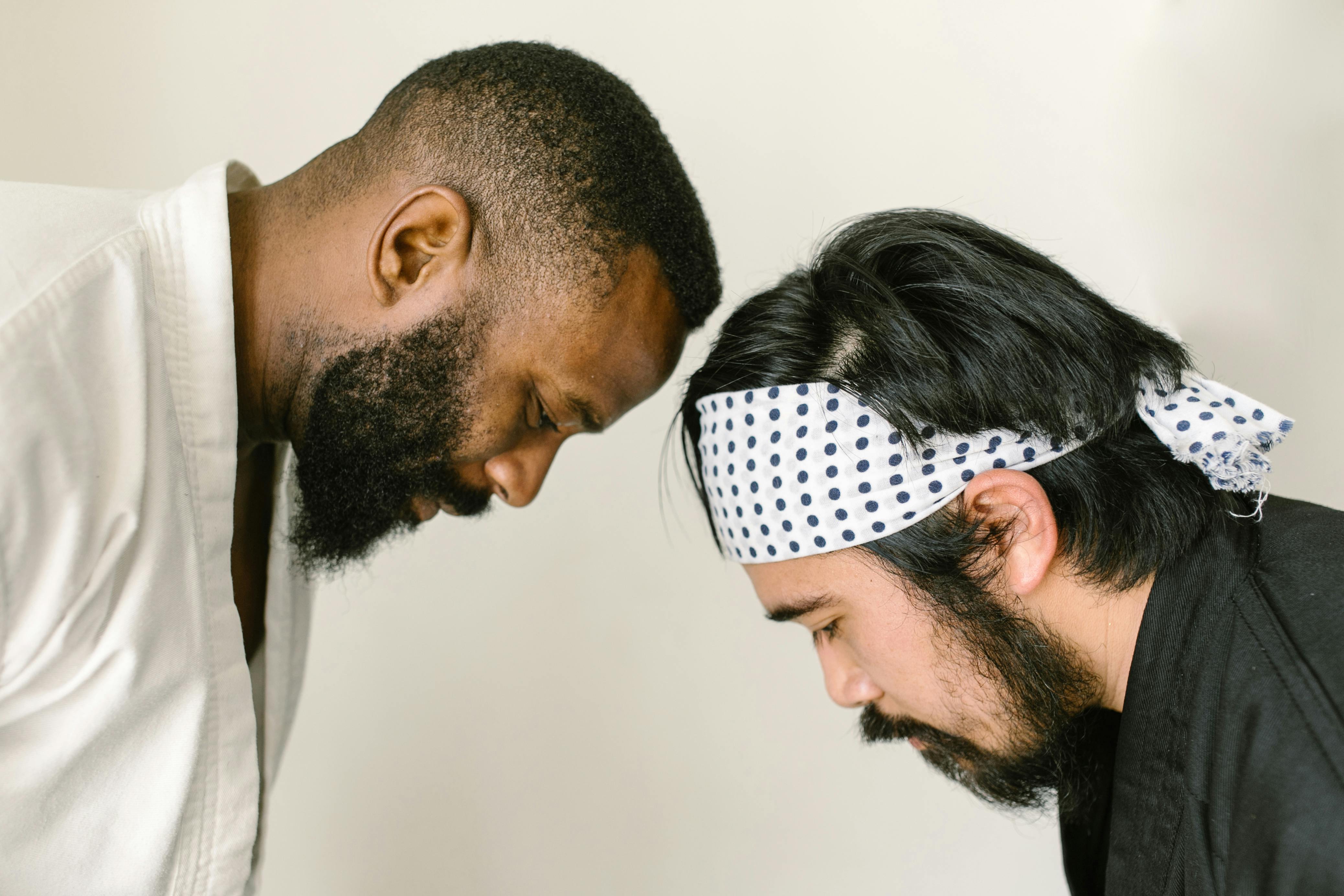
Ordinary goodness, the surprisingly simple way to create a meaningful life
What is ordinary goodness and why is it important?
Ordinary kindness is love, kindness, compassion, generosity, strength, and caring. It is the light of our humanity that when we turn to it comes to life in everyday acts such as when we bring the neighbor’s trash can, we love our children when they misbehave, we donate to a cause when our finances are stretched, awkwardly displayed on the funeral of a familiar mother. Ordinary goodness is not the goodness of a superhero, although that is also amazing, it is the goodness of caring people that is simultaneously present in the world despite difficult times, chaos in the news or personal disappointments.
How do you trust goodness in the face of life’s tragedies?
It is difficult to trust something if you are inexperienced or unrelated to it. If I wait until disaster strikes to explore ordinary goodness, it will be difficult for me to trust it. If I practice daily, focusing my attention on the question, what does God want me to do? Am I going to develop a relationship with him? I think of the famous quote from Mr. Rogers: “When I was a child, and I saw scary things on the news, my mother would tell me, ‘Look for helpers. You will always find people who are helping you.”
What is ordinary goodness and how do you use it?
Kindness, the Dalai Lama wrote, is the starting point, the source from which so many good qualities emerge, such as honesty, patience, generosity. If we remove the goodness of patience, it is no longer patience. If we remove goodness from generosity, it is no longer generosity. The Random Acts of Kindness Movement and the Worldwide Kindness Movement have a resource page with suggestions on how to start expressing kindness.
What is compassion and how and why do you use it when you see people as they are?
Compassion is another talent that we have that improves with practice. We can bring compassion to life by intentionally listening to someone, trying to see the world through another person’s point of view, taking an interest in another person; This helps us connect with each other and understand what is important to others. When we know the details of another person’s heart, what is important to them, what their concerns are, it becomes easier and easier to worry about them.
My grandmother had total faith in goodness, and for no logical reason, except that over time she had seen it work. When we brought our youth problems to her, she said, everything will work out in the end. She trusted that and couldn’t explain why. This is faith. It is a combination of trust through experience and trust, sometimes unreasonable, in something. We don’t have to have complete faith in goodness to begin to express it. We don’t have to have any faith in him at all; we can go ahead and experiment with it and then examine the results. That kind of mindful focus builds trust that leads to trust, and trust leads to faith, that moment when we stop the necessary test.
What about finding faith in difficult times?
In Ordinary Goodness, I wrote about those defining moments in our lives that call us to act on what we believe in. My interest in kindness, kindness, and compassion may start out as a beautiful adventure, but when the going gets tough, where does my attention go? What do I trust?
I’m thinking of the 2006 Amish School House shooting in Lancaster County in which eight girls were shot. An article about the event said that on the afternoon of the same day, the parents were gathering in prayer circles to pray for the forgiveness of the aggressor and his family. The author pointed out that the Amish did not miraculously achieve that kind of compassion overnight, but that it was a core value of their faith, which is practiced daily. So when the unimaginable happened, they had something, which may seem unfathomable to the world, to inform their actions. That is faith.








